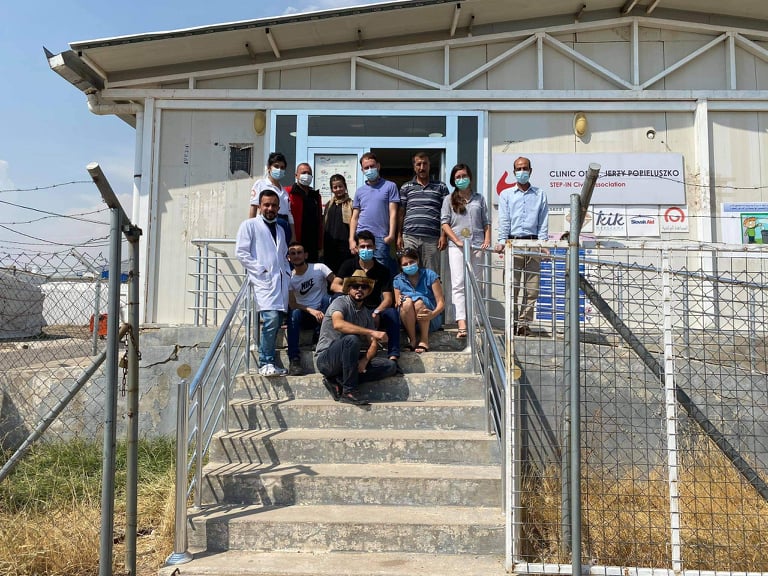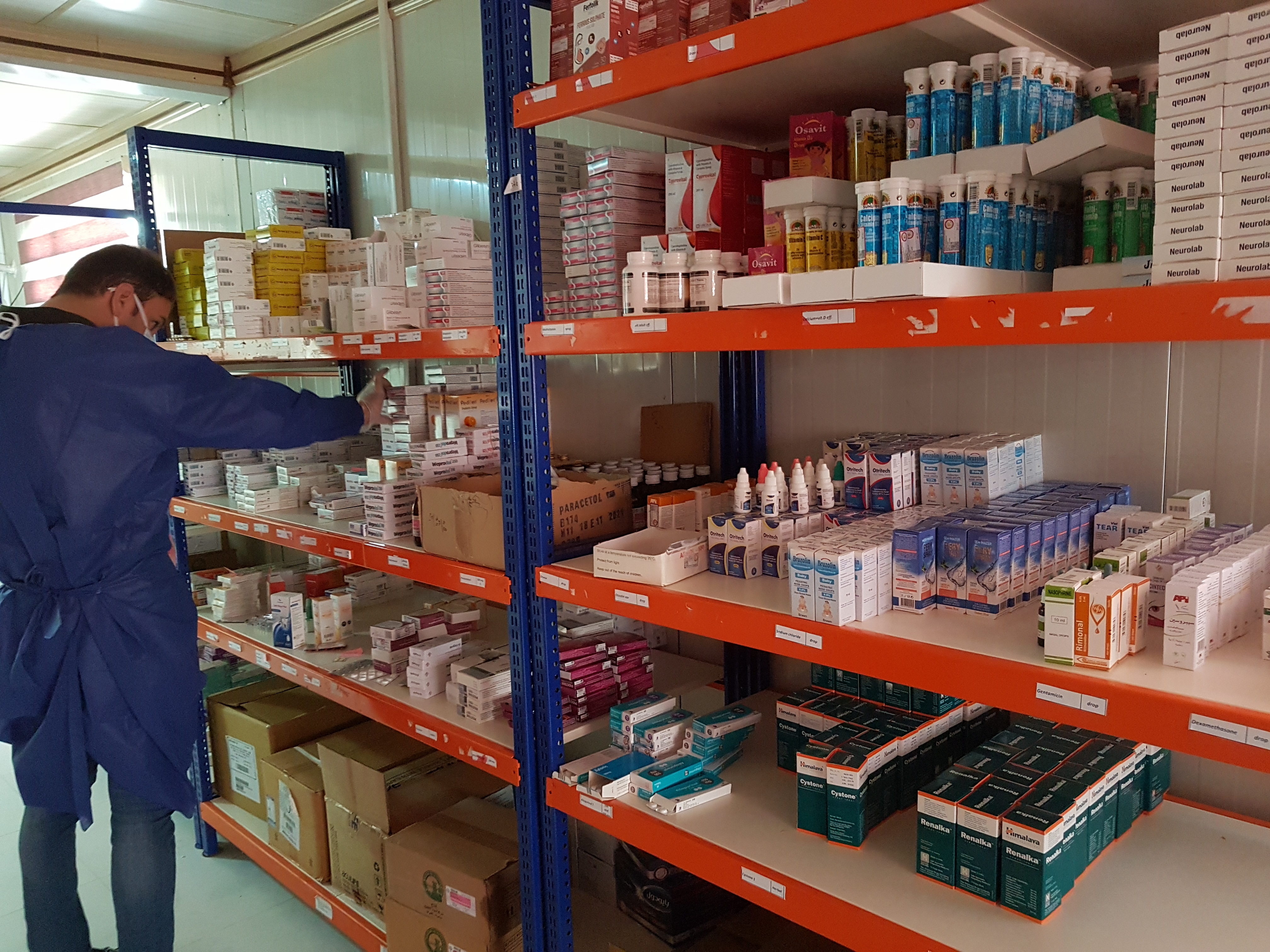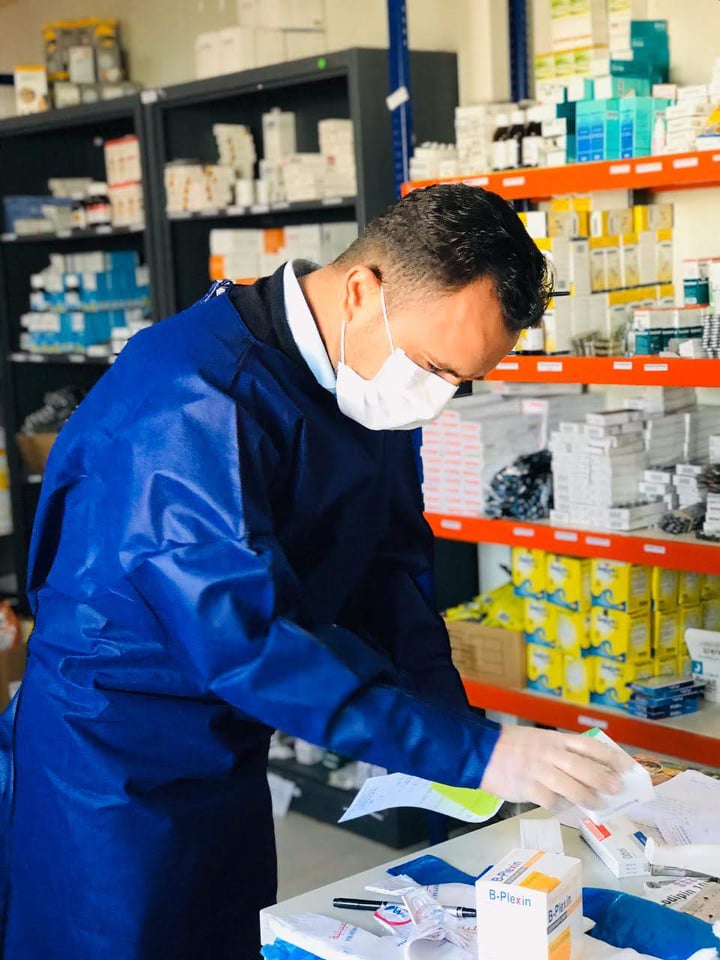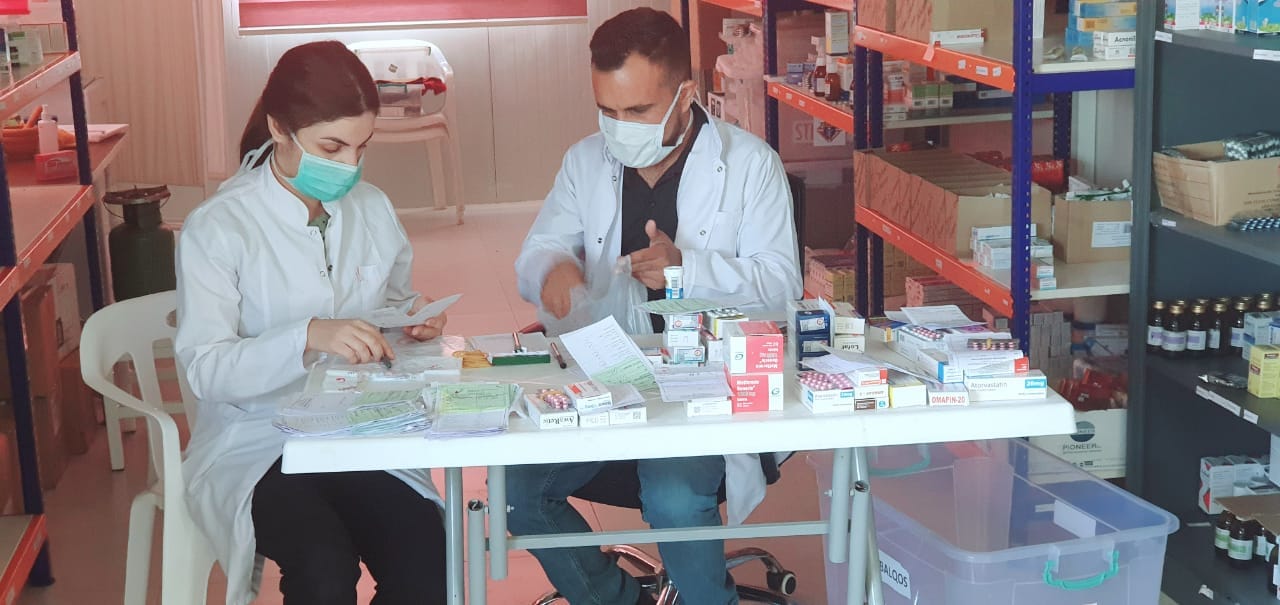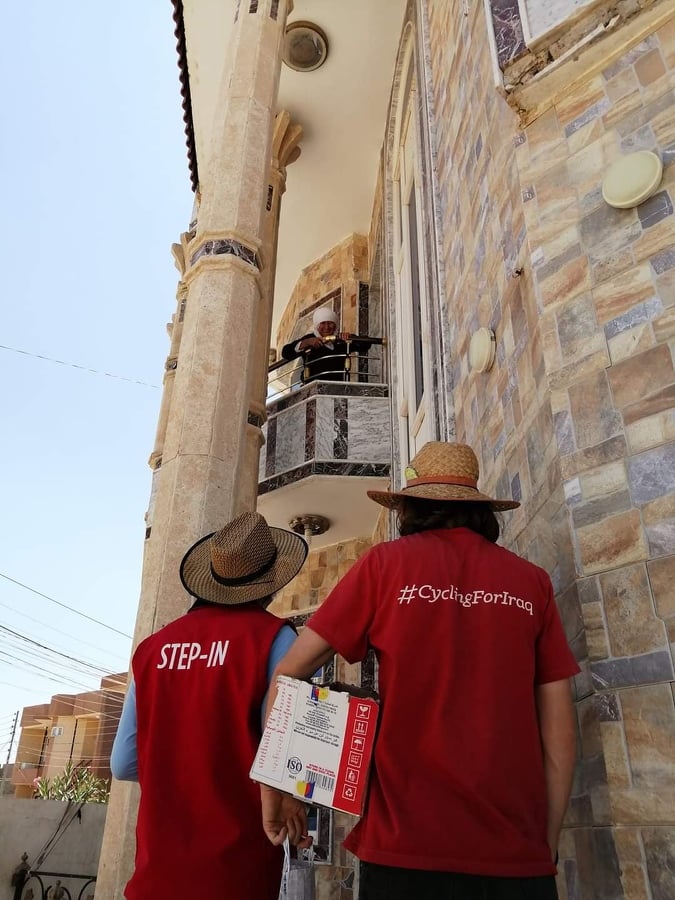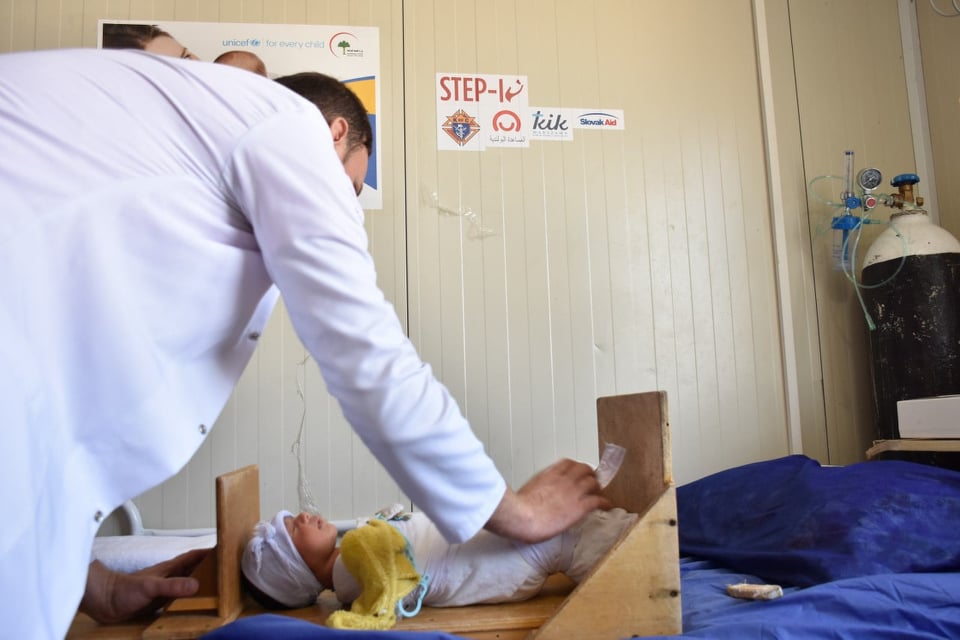Primary health care for displaced Iraqis and local communities in Iraqi Kurdistan
07.12.2020
Ensuring access to primary health care for displaced Iraqis and their host communities is the main objective of a two-year project run the Club of Catholic Intelligentsia (KIK) in cooperation with STEP-IN, a partner organisation. Project activities were carried out in the village of Sharya, which was visited by KIK’s mobile medical team, and in a camp in Dawoodia, where the local partner is responsible for providing medical care.

Despite the difficulties associated with the outbreak of the COVID-19 pandemic, nearly 5,000 medical consultations were performed at a clinic in the Dawoodia camp and nearly 2,500 in a mobile clinic. Doctors had prepared and trained local health professionals, who conducted awareness campaigns and made nearly 2,000 home visits. The campaigns concerned the harmful effects of smoking, phenylketonuria (a disease associated with amino acid metabolism disorders) and lifestyle diseases such as hypertension and diabetes, respiratory diseases, and the prevention and treatment of scabies.
In addition, training was held on the coronavirus, prevention methods, special risk groups, and the proper use of protective masks. The coronavirus campaign was combined with the distribution of protective masks. Interestingly, the masks were made by women (from the Yazidi minority) living in the Dawoodia camp and in the village. The pandemic and its restrictions, plus the consequent sharp decline in livelihood-earning opportunities, have made themselves felt in an already impoverished community of internally displaced people. Their employment enabled the women to supplement the household budget as well as giving them a sense of agency in the oppressive situation of the pandemic. All seamstresses were trained by professional tailors and eventually sewed 20,000 protective masks in four different sizes: for young children, older children and teenagers, adult women, and adult men.
